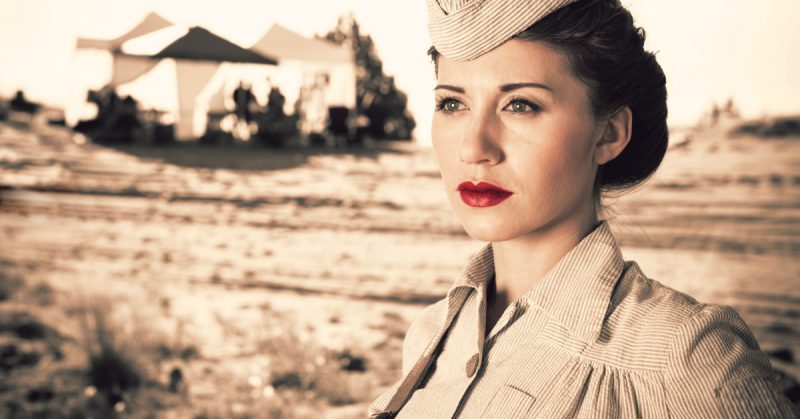Ezra’s father slipped his watch to her along with a note for her mother because he believed he was about to be killed.
Gabriella Ezra, aged 91 from Brighton in the UK, was awarded the Star of Italy for her heroic actions in her native Italy during the Second World War. On April 28, 1945, Ezra intervened and saved fellow villagers from execution by the Nazis.
She was awarded the prestigious medal after her son Mark wrote to the Italian authorities to inform them of her actions that day.
Ezra was seventeen at the time. Thirty-eight villagers from Capella di Scorze, a village near Venice, had been gathered and locked in a cowshed by Nazi soldiers. The villagers were understandably worried as the soldiers had already murdered 31 men in a nearby town.
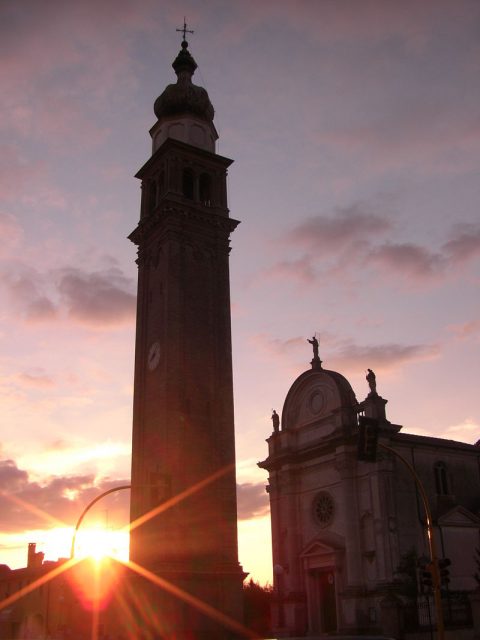
The Germans were seeking revenge after several soldiers were wounded in an attack. The villagers were warned by partisans before the soldiers’ arrival and instructed to close their shutters so their windows would not break from the explosion.
Ezra pleaded with a German officer to show mercy to the villagers. She had no trouble communicating with the officer as she had lived in Austria with her family for a number of years and could speak fluent German.
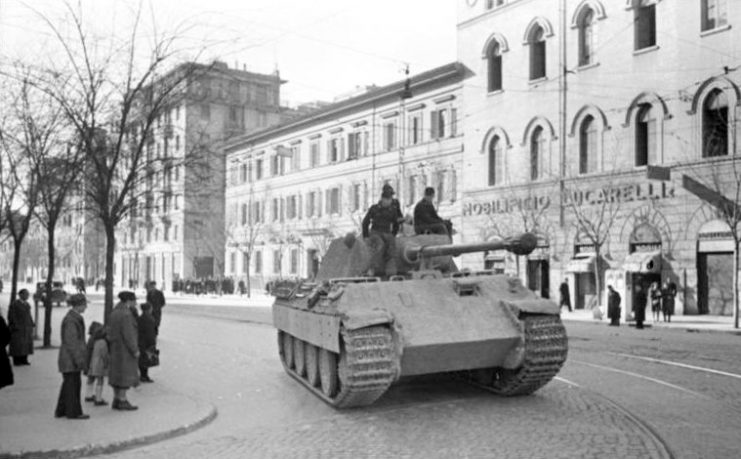
Ezra lied to the officer, telling him that the villagers had no knowledge of the attack and that they were all innocent. The officer threatened to shoot her as well if he found out she was lying.
The Italian partisans had already hidden the evidence of their involvement, so the officer let them go after telling them that they owed their lives to Ezra.
The next day the Germans were forced to flee the village as the Allies arrived to liberate it.
When the war ended, Gabriella met a British army officer, Captain Peter Ezra. They married and moved to Britain.
Her son, who works as a film director, recently wrote a letter to the Italian embassy to inform them of his mother’s actions during the war. “If my mother had not intervened they would all have been killed,” he said.
The ambassador then presented her with the Star of Italy which is awarded to British and Commonwealth forces that served in the Italian Campaign (1943-1945). Ezra’s whole family attended the ceremony.
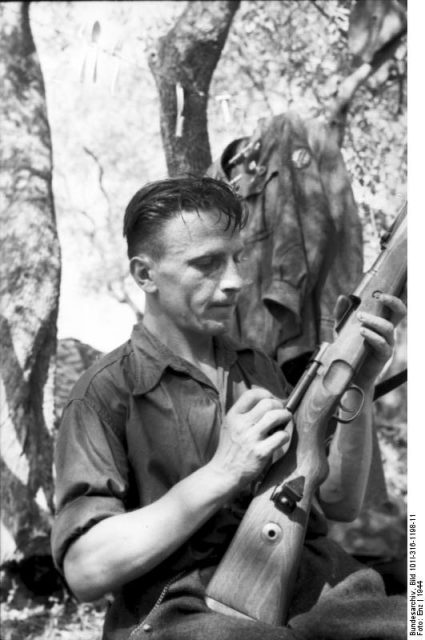
Bundesarchiv, Bild 101I-316-1198-11 / Enz / CC-BY-SA 3.0
Ezra’s father was one of the men rounded up. She told her mother that she needed to do something. Most of the men were farmers who were only concerned about their fields and cattle. So she ran after an officer who took her to the commandant.
After she begged him not to kill the men and told him repeatedly that they were innocent, the commandant lined the men up in front of a firing squad and told them that she had vouched for their innocence. He then said that if he found that she was lying, he would kill them all starting with her.
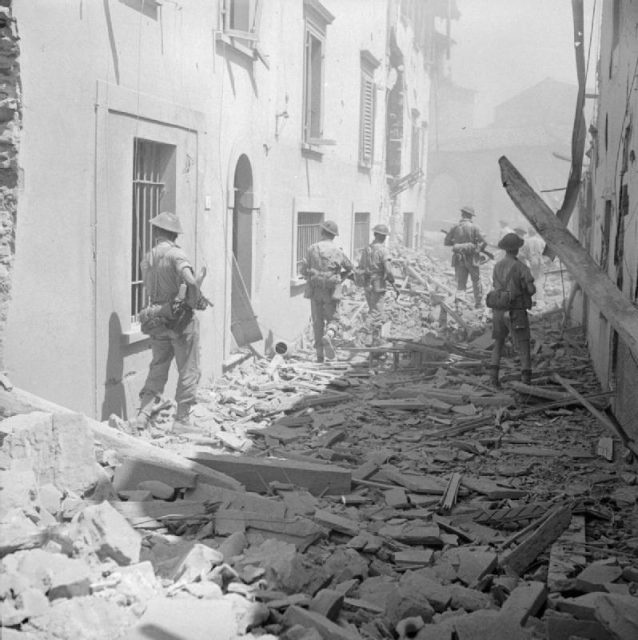
The men were searched, but they had already buried their partisan armbands in the cowshed. The soldiers then led the villagers away. Ezra’s father slipped his watch to her along with a note for her mother because he believed he was about to be killed.
Instead, the commandant set them free with a warning that he would destroy the entire village if there were any more attacks.
The following morning, British troops arrived and liberated the village.
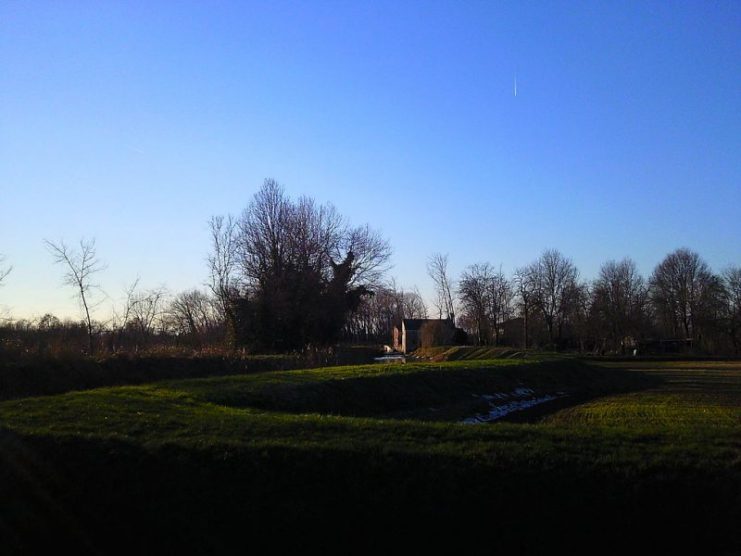
Read another story from us: Book Details Crucial Role of the British SAS in Italy During WWII
After the war, Ezra took a job as a translator for the Mayor’s office in Mestre, near Venice. There, she met Captain Ezra in 1946. The two were married in Venice in 1949 and then moved to Hove. She found work as a language coach there.
Captain Ezra passed away in 2005.
When she went back to the village 25 years ago, Gabriella Ezra was recognized by a villager and treated as a hero with a meal in the town square.
